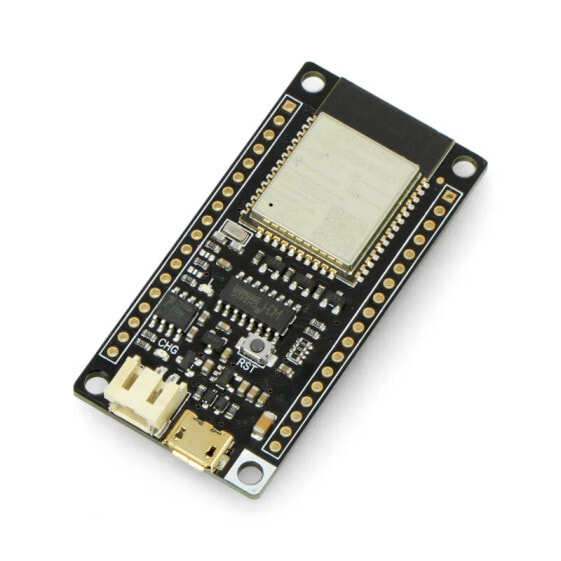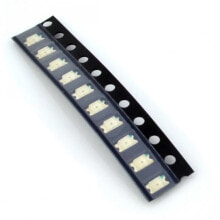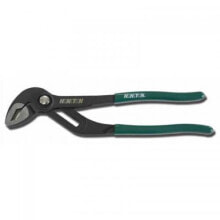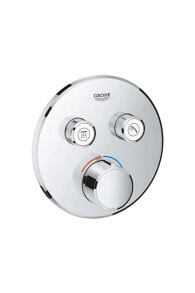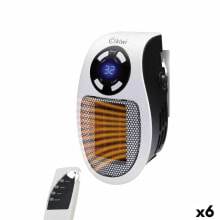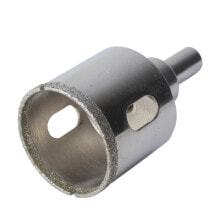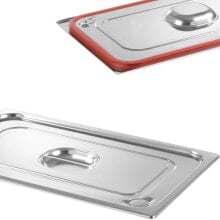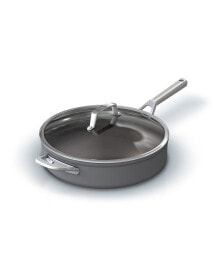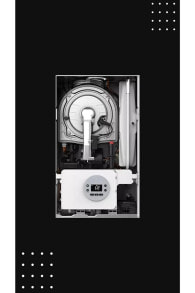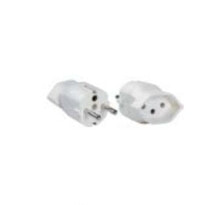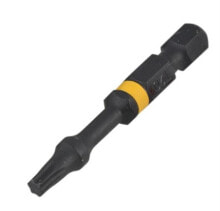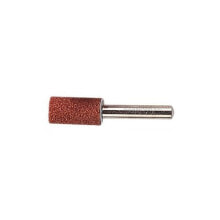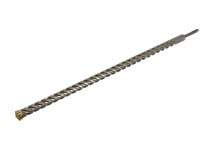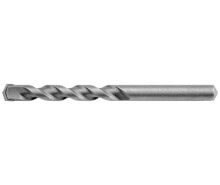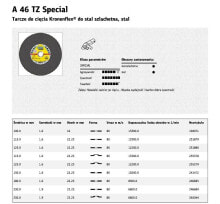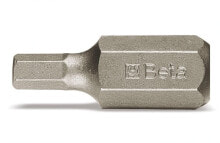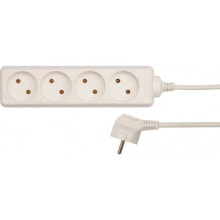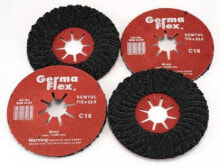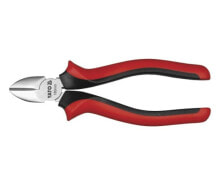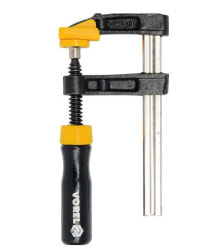Properties
- UC - I2C
- yes
- UC - UART
- yes
- UC - ядро
- 1. Single Core
- Voltage To
- 3.3 V
- Voltage From
- 5.0 V
- UC - SPI Interface
- yes
- UC - microcontroller
- ESP32
- Выходное напряжение до
- 3.3 V
- Выходное напряжение от
- 3.3 V
Other features
- Brand
- DFRobot
Power
- Nominal output voltage
- 3.3 V
Description
The FireBeetle microcontroller is compatible with the Arduino Uno. It integrates the Dual-Core ESP-WROOM-32 module which supports communication in the MCU, wi-fi and Bluetooth mode. It is constructed for the IoT projects (Internet of Things). It supports two ways of USB powering and an external battery of 3.7 V. The board has a Reset button. The microcontroller is programmed in the Arduino IDE. Instructions for configuration and sample program can be foundhere. The kit includes 4 x 2.54 mmstrip of 18 pins and 4 x 2.54 mm strip of 18 female pins.
The product is compatible withArduino
The manufacturer providesa sample program for Arduino.
FireBeetle is not only compatible with ESP32 pin mapping but also with Arduino IDE. Dxpin mapping (x=0,1,2,3...9)
For Arduino IDE, all GPIO function, I2C/SPI communication has been working, but the other functions are still under development. We recommend this board for experienced engineer.
Specification- Supply voltage: 3.3 V / 5 V
- Supports charging via USB
- CPU: dual-core Tensilica LX6
- Frequency: 240MHz
- SRAM: 520KB
- Flash: 16Mbit
- Wi-fi: 802.11 b / g / n / d / e / l / k / r
- Bluetooth standard: v 4.2
- Support for micropython
- Working temperature: from -40℃to 85℃
- Dimensions: 29 x 53 mm
- Diameter of mounting holes: 3.1 mm, 6 mm from outside.
- Product page
- Wiki Doc user guide
- Examples for FireBeetle Arduino Bluetooth
- Visuino - graphical programming of ESP32 modules - manufacturer's .
- Tutorials for Visuino service
- MicroPython tutorial
- Many examples with ESP32
